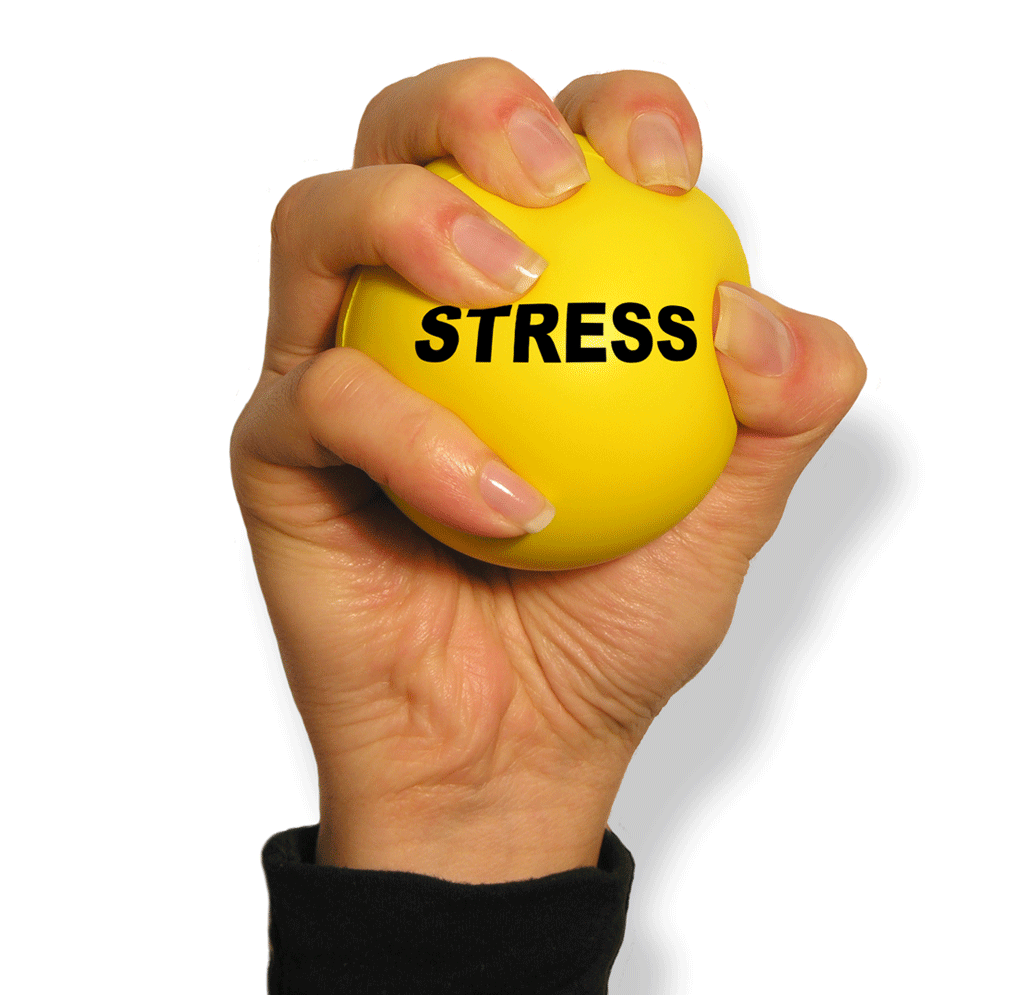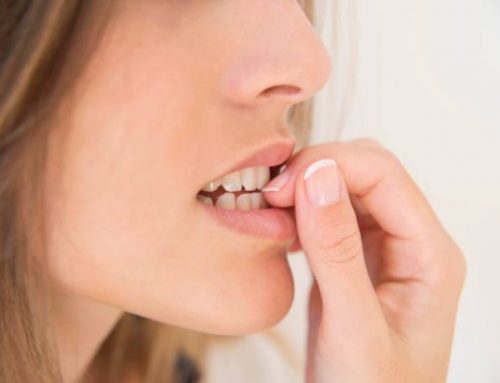 2020 has thrown physical, financial and emotional challenges at us that no one could have seen coming. Many of us are feeling more stressed and exhausted than ever before and a holiday break can’t come too soon. With stress levels at an all-time high, it’s important to be aware of how stress can affect your oral health, and ways that you can stop it from causing lasting damage.
2020 has thrown physical, financial and emotional challenges at us that no one could have seen coming. Many of us are feeling more stressed and exhausted than ever before and a holiday break can’t come too soon. With stress levels at an all-time high, it’s important to be aware of how stress can affect your oral health, and ways that you can stop it from causing lasting damage.
Teeth Grinding Or Clenching
Also known as bruxism, clenching or grinding your teeth is a common symptom of stress that even children and teenagers can suffer from. It can lead to loosened or broken teeth as they wear down from the constant pressure of clenching or grinding. Aching jaws, headaches, earaches, stiff necks and even back pain can all be caused by teeth grinding. As it is most common at night, it can also cause relationship problems if it disturbs your partner’s sleep.
Jaw Problems
Also known as temporomandibular joints (TMJ), these are the joints located just below your ear and move the lower jaw. Pain, stiffness, clicking or popping of the lower jaw are all commonly caused by TMJ disorder, along with headaches and sore or stiff necks. Overuse of the jaw muscles can go together with bruxism, or it can be a problem on its own.
Weaker Immune System
High stress levels make it harder for your body to fight infections like gum disease. Studies have demonstrated that when a person is stressed, their ability to manufacture immune cells to combat bacteria is compromised – allowing bacteria to thrive and inflammation to increase. Therefore, people who are stressed are more prone to gum infections.
Mouth Ulcers
Painful mouth ulcers can be triggered by stress as well as vitamin B deficiency, food sensitivities and irritations in the mouth.
Nail Biting
Biting your nails can move your teeth out of position as well as introduce germs from under your fingernails into your mouth.
Treating The Effects of Stress On Your Oral Health
While it is always preferable to address the cause of your stress rather than the symptoms, we know that this can be much easier said than done. But there are easy steps you can take to alleviate the symptoms of stress and its impact on your oral health.
- Injectable muscle relaxants such as Botox and Dysport can treat the muscle pain resulting from grinding or clenching teeth. These safe relaxants effectively freeze the muscles so you cannot clench them, while still allowing you full use of your jaw for chewing and normal facial expressions. The effects last for approximately three months.
- A custom-made nightguard is like a sports mouthguard but more lightweight and therefore comfortable to wear while sleeping. It protects your teeth from being prematurely worn down by clenching or grinding at night.
- Maintain good oral hygiene habits, including regular flossing. This helps to keep gum disease in check. Regular visits to your Dental Hygienist are also invaluable for in-depth cleaning.
- To help ease the pain and irritation of mouth ulcers, avoid foods and drinks which are acidic, such as tomatoes, citrus fruit, salt, and soft drinks. Numbing gel can be applied for temporary relief. And take care not to brush too vigorously.
If you are suffering from stress and worry that it could be affecting your oral health, we advise seeing your Dentist as they can assess your symptoms and recommend the best course of treatment to help protect your oral health.




